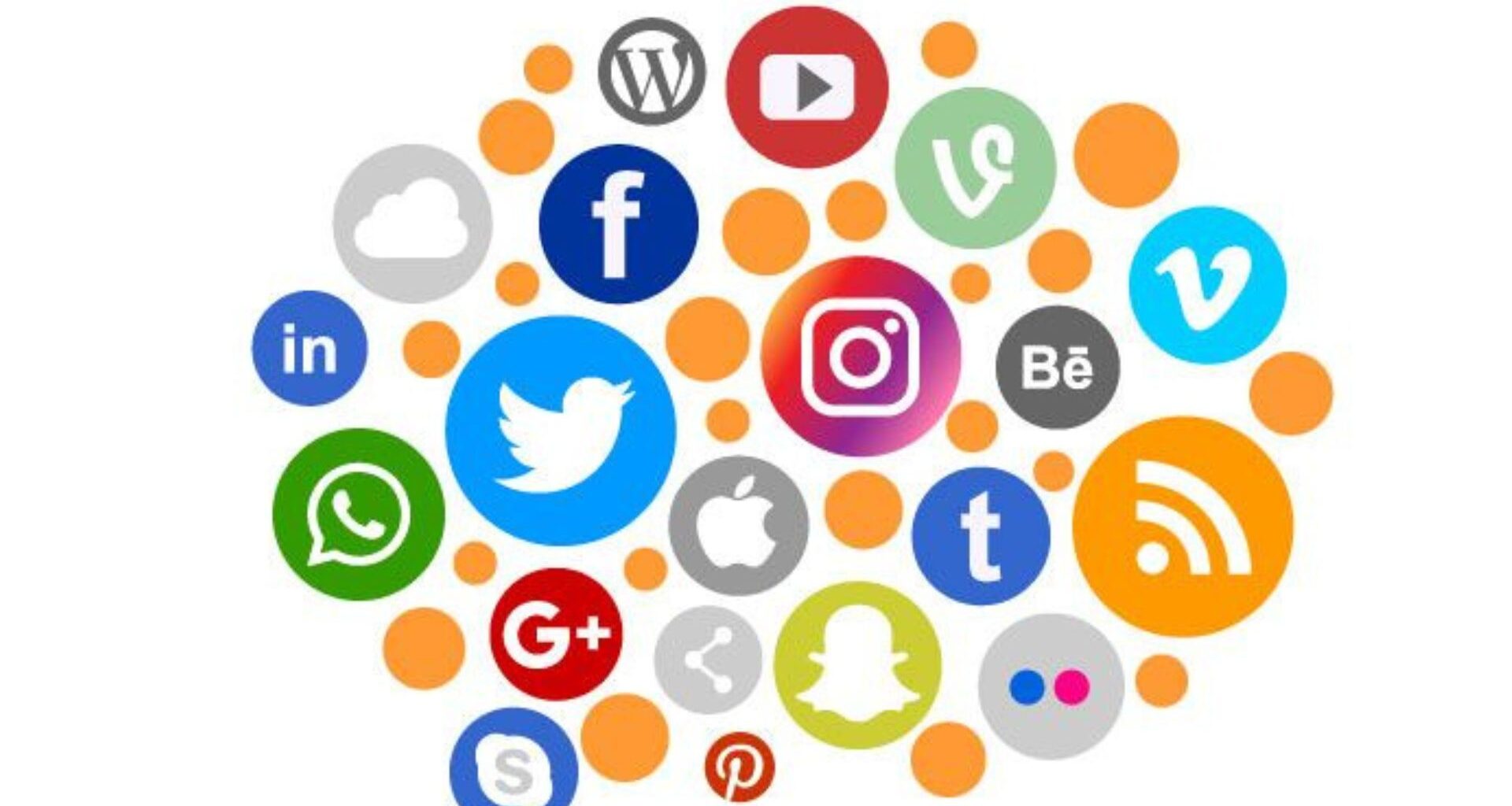In an era where mental-health awareness is widespread but its understanding runs thin, experts warn of a silent digital epidemic shaping young minds.
On the occasion of World Mental Health Day, a survey by the Pune Times Mirror revealed a troubling reality: A quiet shift is unfolding online where therapy talk has become content, trauma is trending, and self-diagnosis has turned into a daily habit. What was once a private conversation between patients and professionals is now unhesitatingly uploaded on social media, reshaping how an entire generation understands its emotions.
Nearly 48.3 percent of young respondents showed signs of depression, 22.6 percent reported anxiety, and 19.4 percent experienced both, revealing a disturbing snapshot of Gen Z’s mental state in the digital age.
Mental-health professionals warn that terms such as depression, anxiety, and trauma, once confined to clinical spaces, are now used casually across social media. Studies show that Internet Addiction Disorder affects between 5 and 21 percent of the population, averaging around 14 percent, a pattern experts describe as “alarming yet under-discussed.”
A blurred line
A consultant associated with the survey observed that social media’s influence has blurred the line between awareness and dramatisation. “If someone feels low for ten minutes, they call it depression. That has become the trend now,” said Dr. Rohan Jahagirdar, Consultant Psychiatrist, talking to Pune Times Mirror. Jahagirdar added that overexposure to “therapy talk” and influencer-led narratives has led to emotional mislabelling and digital dependency.
Gen Z speaks out
When Pune Times Mirror spoke with Gen Z respondents, many admitted that mental-health discussions have become more public yet more performative. “We’ve turned mental health into a trend — we post, we share, we hashtag it, but when someone actually breaks down, the room goes silent,” said Aarav (22), a content creator.
For some, humour remains a shield. “We joke about being anxious or depressed because it’s easier than saying we’re not okay,” said Tanya (21), a design student.
Others described the double-edged comfort of social media. “Instagram is our biggest therapist and our worst trigger. One scroll can either make you feel seen or make you feel like you’re falling behind,” said Rohit (23), a marketing intern.
Simran (24), an IT professional, said the constant need to appear fine online fuels silent exhaustion. “We talk about self-care online, but burn out in silence offline. No one wants to look like they’re struggling when everyone else seems fine.”
Echoing that feeling, Kabir (22), a communication student, said, “We’re not scared to talk about mental health — we’re scared no one’s listening.” And Nisha (20), a psychology undergraduate, added, “Social media made awareness cool, but it also made pain performative. Now even healing has to look aesthetic.”
Experts point out that this cycle of expression and validation is reshaping how young people process emotions. Clinical data indicate that 48.3 percent of surveyed individuals displayed signs of depression, 22.6 percent reported anxiety, and 19.4 percent experienced both, though not all cases met diagnostic criteria. Professionals warn that this digital distortion may cause people to misread normal stress as illness, or to overlook genuine conditions needing help.
Lonely generation?
Despite living in the most connected era, consultants say Gen Z is lonelier than ever. Online friendships, curated perfection, and constant comparison have fostered what they call “emotional disconnection behind digital closeness.”
Psychiatrists agree that the challenge is no longer silence but superficiality. Conversations about mental health must go beyond hashtags, buzzwords, and memes. As one consultant summarised, awareness without understanding is only noise; and, in that noise, the real cries for help often go unheard. Because behind every glowing screen, there might be a mind quietly struggling to stay afloat.
“It’s not just Gen Z — even children as young as 12 to 14 are becoming increasingly dependent on their mobile phones,” said Dr. Paras Lavatre, former Medical Superintendent of Yerawada Mental Hospital and now a consulting psychiatrist.
“Instead of studying or playing, many are constantly influenced by YouTubers and online personalities, which alters their thinking patterns and behaviour. This excessive screen exposure is leading to anxiety, mood fluctuations, and even psychosomatic symptoms like headaches, abdominal pain, and disturbed sleep. Over time, it can impair concentration, emotional stability, and overall cognitive development.
“Parents are aware of the problem and try to limit screen time, but around 20 to 30 percent of youngsters are already showing early signs of digital dependence — a risk that’s silently eroding their mental resilience.”
Karuna Chandwani, Assistant Professor and Clinical Psychologist, said, “Gen Z is thinking more and doing less.”
She explained that today’s youth tend to rationalise every feeling and overanalyse every decision, often mistaking caution for clarity. “They live more in their minds than in their moments,” she said. “Every thought now has a third voice — the smartphone. It’s a constant, persuasive presence that competes for attention, dilutes focus, and quietly distances them from real action. In seeking validation before movement, they’re losing the spontaneity to live, learn, and grow.”
BLURB (IF NEEDED)
Conversations about mental health must go beyond hashtags, buzzwords, and memes. As one consultant summarised, awareness without understanding is only noise; and, in that noise, the real cries for help often go unheard. Because behind every glowing screen, there might be a mind quietly struggling to stay afloat.
We’ve turned mental health into a trend — we post, we share, we hashtag it, but when someone actually breaks down, the room goes silent. — Aarav (22), Content creator
If someone feels low for ten minutes, they call it depression. That has become the trend now. — Dr. Rohan Jahagirdar, Consultant psychiatrist

